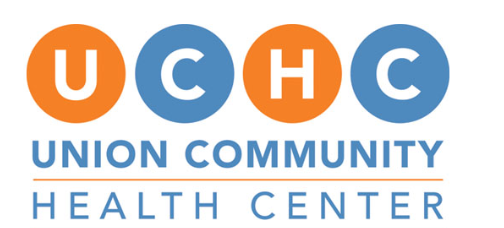Life can be challenging for Children and Adults experiencing speech issues. Union Community Health Center’s Speech & Language Department Therapists are highly skilled, licensed clinicians who specialize in evaluating and treating those with communication, voice and swallowing disorders. We help people of all ages with unique, hands-on therapy in a one-to-one setting with a dedicated therapist.
Pediatric Speech & Language Services
- Speech and Language Evaluation/Therapy: Early Identification of Speech and Language disorders are essential to measuring a child’s communication skills and identifying:
- Apraxia of speech
- Articulation
- Attention Deficit/Hyperactivity disorder (ADHD)
- Autism (Autism Spectrum Disorders)
- Central auditory processing disorders
- Cleft Lip and Palate
- Language deficits
- Medical and Developmental Conditions
- Phonological disorders
- Right hemisphere brain injury
- Traumatic Brain Injury
- Voice and motor speech disorders
- Voice Therapy: Improves breathing pattern, voice production and resonance functions for better communication.
- Pediatric Feeding Evaluations and Therapy: Assessments for children with food aversions or sensory and/or neurological impairments that may interfere with swallow function and development of typical eating patterns. Evaluations help to determine intervention, such as, diet modifications and/or therapy.
Adult Speech & Language Services
- Speech and Language Therapy for Stroke patient: Brain damage that can be caused after a stroke often leads to a variety of disabilities. Stroke patients can greatly benefit from speech therapy exercises. These can help them relearn how to make sounds, form words, and breathe properly during speech interactions with others face to face or on the phone. It involves understanding what words to say, how to say them, when to breathe, and how to form full sentences.
- Voice Therapy: Personalized Treatment Plans That Help You Achieve the Best Possible vocal health. Improves vocal function and helps with problems related to pitch, volume, resonance or quality of the voice that distracts listeners from what is being said.
- Articulation Therapy: Helps with problems in which the flow of speech is interrupted by abnormal stoppages, such as stuttering. Therapy decreases stuttering also known as diffluent episodes.
Articulation Therapy: Helps with difficulty in producing sounds in syllables or saying words incorrectly to the point that other people cannot understand what is being said. - Oral Placement Therapy: Treatment of muscle-based difficulties as related to speech clarity, articulation and feeding issues.

